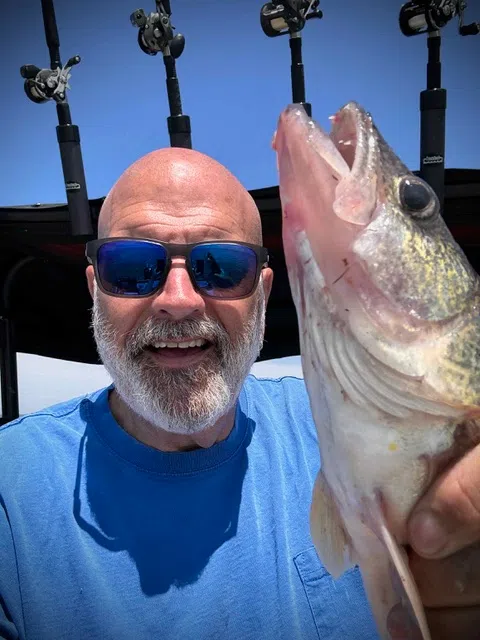PRAGUE (Reuters) – Czech Prime Minister Petr Fiala said on Wednesday he expected the scarf depicting “Greater Hungary” worn by Hungarian leader Viktor Orban will be discussed at a summit of Visegrad countries this week.
Orban wore the scarf at a football match, drawing protests from Ukraine and other countries as it pictured a map of “Greater Hungary” including territory that is now part of Austria, Slovakia, Romania, Croatia, Serbia, as well as Ukraine.
The Visegrad group compromises the Czech Republic, Hungary, Poland and Slovakia, whose leaders meet on Thursday in eastern Slovakia.
The group has banded together on issues like migration in the European Union, but it has been at odds over other issues, including the war in Ukraine following Russia’s invasion, as Budapest takes a softer line than Poland against Moscow.
“What is occasionally heard from Hungary, whether in the form of statements or specific actions by representatives of the Hungarian government, is certainly not helping the situation,” Fiala said at a news conference following a government meeting, without giving details.
“And I have also noted Prime Minister Orban’s scarf, and I have no doubt that this will also be mentioned in some way tomorrow in the context of our negotiations.”
Orban wore a scarf that has been worn by many soccer fans at home, and his move could be aimed at pleasing his ruling Fidesz party voters. He did not directly address the controversy over the scarf in a Facebook post on Tuesday.
“Soccer is not politics. Do not read things into it that are not there,” Orban wrote. “The Hungarian national team belongs to all Hungarians, wherever they live!”
Ukraine’s Foreign Ministry said on Tuesday it would summon the Hungarian ambassador over the scarf, while Slovak Foreign Minister Rastislav Kacer said on Facebook that “Hungarians in Slovakia are at home here”.
“What has no place in our relations is irredentism and revisionism,” Kacer wrote. “We saw in 1939 (when World War Two started) where such sentiments and plans lead, and we see it today, live, in Ukraine under Russian aggression.”
(Reporting by Robert Muller and Jason Hovet; Additional reporting by Krisztina Than in Budapest; Editing by Nick Macfie)






